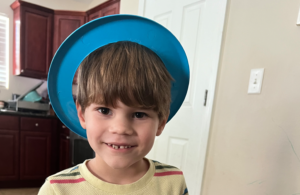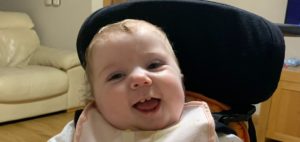Madi
Share This Post
Meet Madi! She is currently 6 years old and in the first grade. She has a very sassy personality and the most welcoming smile. She 100% loves for all the attention to be on her. Madi enjoys hanging out with her mom, playing with her Barbies, and watching Puppy Dog Pals. She finds bodily fluid sounds and her siblings getting into trouble hilarious.
We welcomed Madi, our second child, into the world in early May 2017 after a picture-perfect pregnancy. At Madi’s 24-hour newborn screening, she showed significant weakness in the left side of her body. She was referred to a local pediatric neurologist to address the weakness. In the 3 weeks we waited to see the neurologist, we noticed some involuntary muscle movements she was experiencing. We reported said movements to the neurologist, and she sent us straight over to the children’s hospital for further evaluation and testing. After a week in our local children’s hospital and several scans, we were sent home without any answers.
Fast forward to Madi’s 1-month check-up, she was showing some signs of delay and our pediatrician referred us to physical therapy and occupational therapy. As time went on the delays became more obvious. She was unable to hold her head up, roll over, laugh, or babble…they were all absent. Around 5 months of age, Madi began to struggle during feeding times. She wasn’t able to finish a feeding without vomiting and/or crying constantly for hours. By 7 months of age, she had lost her ability to suck and swallow during feeding times. She was admitted to our local children’s hospital and diagnosed with failure to thrive. Madi was discharged home with a feeding tube and pain medication to keep her comfortable.
During that stay at the children’s hospital, we also met with a neurologist and geneticist who were determined to find out the cause of her delays and setbacks. Test after test, appointment after appointment, my husband and I felt very defeated and were ready to give up because everything was coming back “normal”. We partook in one last test in which we submitted DNA samples from all 4 of us (mom, dad, sister, and Madi). Within 6 weeks, we had a diagnosis of GRIN1.
That was it, just a diagnosis and “She will never walk or talk.” No other information, no resources, and no clue what to do next besides therapy. I cried so much not knowing what life was about to be like for her. With very little help from Google and a support group on Social Media, I finally felt a little less alone. Honestly, all we could do at that point was take things day by day and be on the lookout for common symptoms that our fellow GRIN parents were seeing. At this time, Madi only had developmental delay and feeding difficulties.
Fast forward to today (March 2024), Madi symptoms include severe developmental delay, feeding difficulties, dystonia, and severe epilepsy.


